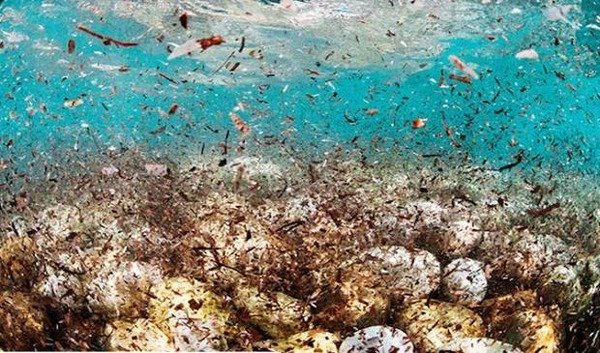Key Takeaways
- Nearly 100 countries, including the EU and UK, have rejected the latest draft of a global plastic pollution treaty.
- The rejection stems from concerns over the draft’s focus on waste management rather than production limits and chemical controls.
- The ongoing deadlock highlights a significant divide between nations advocating for production cuts and those supporting industry-backed measures.
Negotiations Stall on Global Plastic Pollution Treaty
Negotiations aimed at developing a global treaty to combat plastic pollution have hit a significant roadblock, as nearly 100 countries have expressed their rejection of the most recent draft proposal. Key nations, including the European Union, the United Kingdom, Colombia, and Mexico, have raised concerns over the draft’s emphasis on waste management and recycling, which they believe lacks sufficient measures to curb plastic production and impose necessary chemical controls.
The latest draft has sparked criticism for failing to include limits on plastic production – a critical area that many stakeholders argue is vital for any meaningful reduction in plastic pollution. Countries that are among the major producers of plastic, such as Saudi Arabia, Russia, and Iran, have been resistant to implementing caps on production, contributing to the current standstill just before the impending negotiation deadline.
The ongoing impasse reflects a broader ideological divide among participating nations. Countries advocating for stronger environmental measures emphasize the necessity of systemic production cuts, arguing that without addressing the root causes of plastic pollution at the production level, efforts to manage waste will be insufficient. Conversely, some producer nations have been pushing for a more industry-aligned approach that focuses primarily on waste management strategies. This perspective seeks to avoid stringent regulations on production, which they argue could hinder economic growth.
As negotiations continue, the effectiveness of the treaty remains uncertain. The friction between different approaches highlights the complexities involved in reaching a consensus, as nations grapple with balancing economic interests against the urgent need for environmental protections. The deadline for negotiations brings additional pressure for a resolution, but without a unified vision, the potential for a robust agreement appears increasingly compromised.
With contrasting priorities between countries advocating for strict limits on production and those favoring a focus on recycling, the path forward remains unclear. Diplomatic efforts will need to intensify to bridge these gaps if meaningful action against plastic pollution is to be achieved. The stakes are high, with global environmental health hanging in the balance as nations navigate these contentious discussions.
The content above is a summary. For more details, see the source article.















